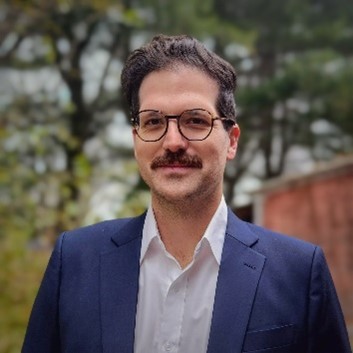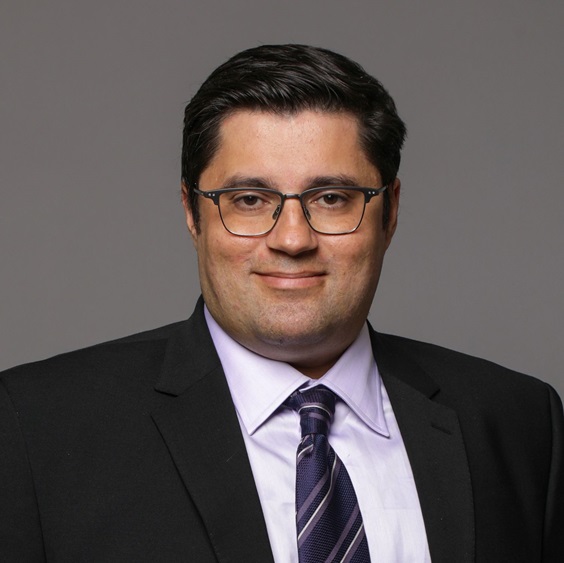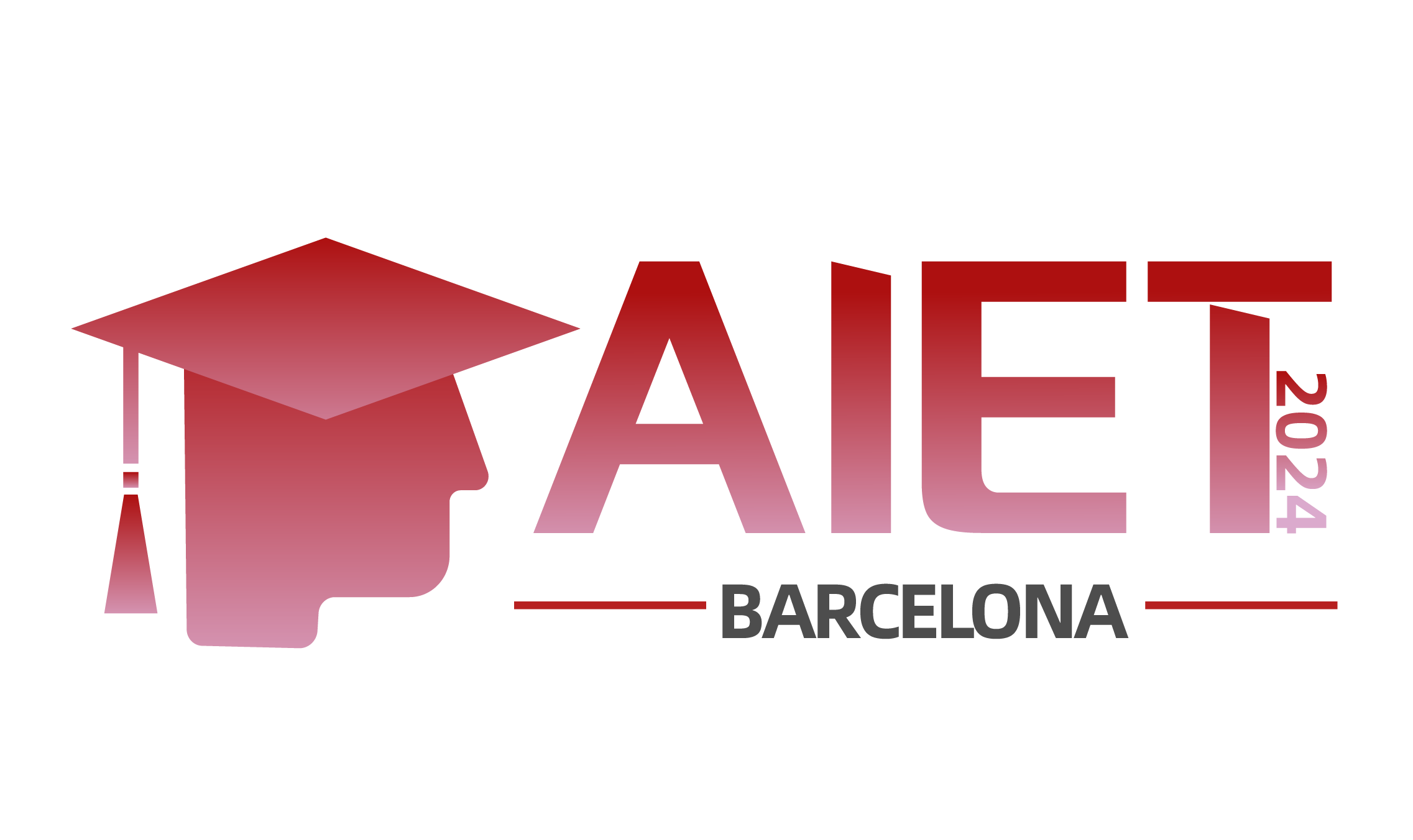2025 Invited Speakers
 Dr. Alexandre St-Vincent Villeneuve
Dr. Alexandre St-Vincent Villeneuve
Cognition Communication Laboratory, Canada
Biography: Dr. Alexandre St-Vincent Villeneuve is an academic researcher and multi-entrepreneur, recognized for his transformative work at the intersection of neuropsychology and artificial intelligence. His research drives innovation in special education, where advanced tools support neurodiverse learners and in cancer detection, where AI enhances diagnostic precision. He also explores algorithmic video surveillance to improve security in schools and other facilities. As a leader with extensive experience across entrepreneurship, education, healthcare and management, he excels at translating complex research into practical solutions with real-world impact. His ventures combine technological innovation with a commitment to improving outcomes for vulnerable populations. He has shared his advancements at international conferences in Asia, Europe and the United States, contributing to global efforts in leveraging AI for societal progress.
Speech Title: Rethinking School Dropout Prevention: The Role of GenAI and Educational Leadership
School dropout among students in special education remains a pressing challenge. This study examines how Generative AI (GenAI), when guided by human-centered leadership models, can offer effective responses to this issue. Through the lens of caring leadership—emphasizing empathy, collaboration, and proactive decision-making—the work outlines how AI tools can be ethically and strategically integrated into school ecosystems. An empirical case study conducted over one academic year in Canada illustrates how this combined approach yielded positive effects on student engagement and reduced dropout rates, offering a replicable model for inclusive educational transformation.
 Prof. Ivica Boticki
Prof. Ivica Boticki
University of Zagreb, Croatia
Biography: Ivica Boticki is a Computing Professor at the Faculty of Electrical Engineering and Computing, University of Zagreb. His expertise includes technology-enhanced learning, as well as the use of artificial intelligence and natural language processing in education and software engineering. His research focuses on the design, implementation, and evaluation of both hardware and software solutions for collaborative learning, educational robotics, game-based learning, engineering education, and related fields. He has worked at renowned institutions worldwide, including Nanyang Technological University (Singapore), Kyoto University (Japan), and Cornell University (USA), gaining valuable cross-cultural and international experience. In addition to academia, he works as a consultant and is actively involved in the development of deep-tech startups.
Speech Title: From Chatbots to Classbots: Bringing AI into the Physical World of Learning
This talk explores the shift from large language models to embodied AI systems that operate in physical learning environments, with a focus on their potential to support hybrid and interactive education. We present the ongoing MetaRoboLearn project, which involves the development of a high-powered educational robot integrated with virtual avatars and programming tools. The presentation highlights how robotics, sensors, and generative AI are converging to enhance learner engagement and feedback. Finally, we address the broader implications of this new AI wave, including its role in advancing toward AGI and the ethical challenges of bringing physically embodied AI into the classroom.

